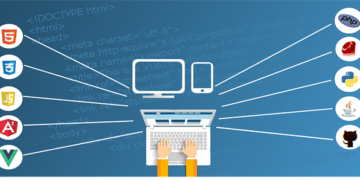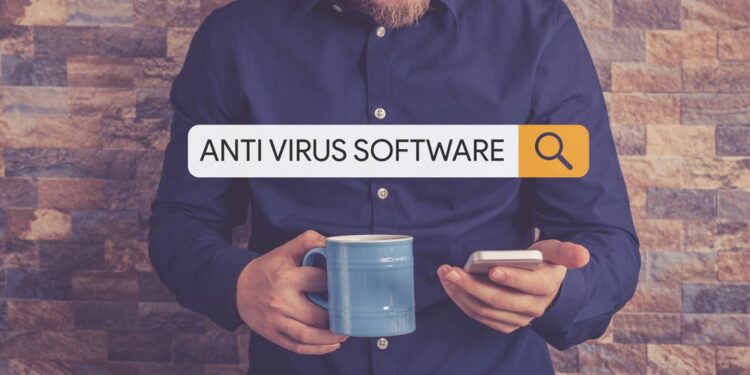If you are alive and using the internet in the 21st century, you know you need antivirus software. Yet, there are so many different cybersecurity providers — and so many different tiers of protection — that many people feel paralyzed when confronted with deciding which antivirus program to use.
To help you narrow down your choices and find the perfect antivirus software for you, here are a few essential features that you always need from a digital security tool:
Real-time Detection
You don’t want an antivirus tool to tell you that you contracted malware three days ago or that your systems have been vulnerable since the last update. By the time malware has been downloaded and installed on your device, your chances of avoiding a cyberattack are slim; likewise, if an application vulnerability lingers unaddressed, cybercriminals have greater opportunity to get access to your data. Security concerns like these should be addressed as quickly as possible, ideally by your antivirus software.
Whenever you use your device, you need to trust that your antivirus solution is actively searching for signs that your security has been compromised. Real-time malware and vulnerability detection instantly detect threats to your security and take immediate action to keep you safe.
Encryption
Encryption transforms data from legible information into incomprehensible code. When your antivirus software uses encryption, it gives your device the key to translate the code, but anyone else spying on your device or internet connection won’t have the key and thus won’t be able to use any of your data.
Your antivirus tool should offer two encryption services: data encryption and traffic encryption. Data encryption will encode the information stored on your hard disk, so if a hacker gains access to your device — or if your device is stolen — your information can’t be accessed easily. Traffic encryption encodes the data sent out by your device when it connects to local or internet networks. Connections tend to be vulnerable spaces for data, and adding a layer of encryption will help keep you safe.
Firewall
A firewall functions as a barrier around your home network that only allows certain types of traffic to pass through. Without a firewall, cybercriminals have a much easier time identifying vulnerabilities in your network, devices and applications, so attacks are likely to be more frequent and more devastating. Usually, firewalls run constantly in the background; the best firewalls do their job without you realizing that they exist. Still, you should be certain that your antivirus software is maintaining your firewall.
Browser Monitoring
The vast majority of cyberattacks start with risky online behavior on the part of the user. To save you from yourself, antivirus programs should come with browser monitoring tools, which should warn you away from corrupted websites, dangerous downloads and other online threats you might not be aware of. Often, browser monitoring features also include blocking certain types of invasive advertisements, to make surfing the web more enjoyable as well as safer.
Multiple Licenses
In 2020, the average number of internet-connected devices in an American household hovered around 50, and that number has likely increased through the course of the pandemic. You don’t have just one device that you need to protect with antivirus tools; you likely have several, including various computers, smartphones, tablets and even IoT devices. You should look for an antivirus service that offers multiple licenses, so you can extend adequate protection to every device you use.
Reduced Activity
Your security programs are undeniably important — but if they require so much processing power that they overwhelm your device, you probably won’t keep using them. Thus, you need to find an antivirus solution that is capable of running in reduced activity mode, which adjusts the load of the program on the device’s RAM to boost the device’s performance for other important tasks. Many antivirus products are able to identify when you are in need of additional power, so they can automatically increase and decrease their activity as needed. Because you don’t want to devote too much time to fiddling with your antivirus features to make your device usable, this feature is a must.
Using an internet-connected device in the 21st century without an antivirus program is like swimming in shark-infested waters with a nosebleed and no oxygen support. You can keep your data safe — without compromising your ability to use your devices as you wish — by looking for antivirus tools with the above must-have features.




























































